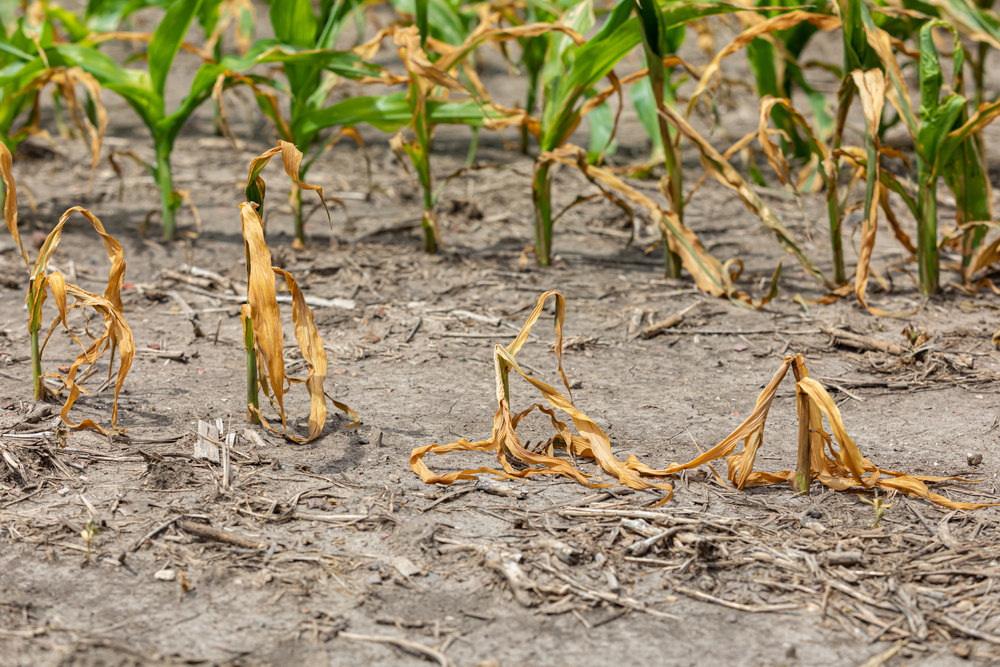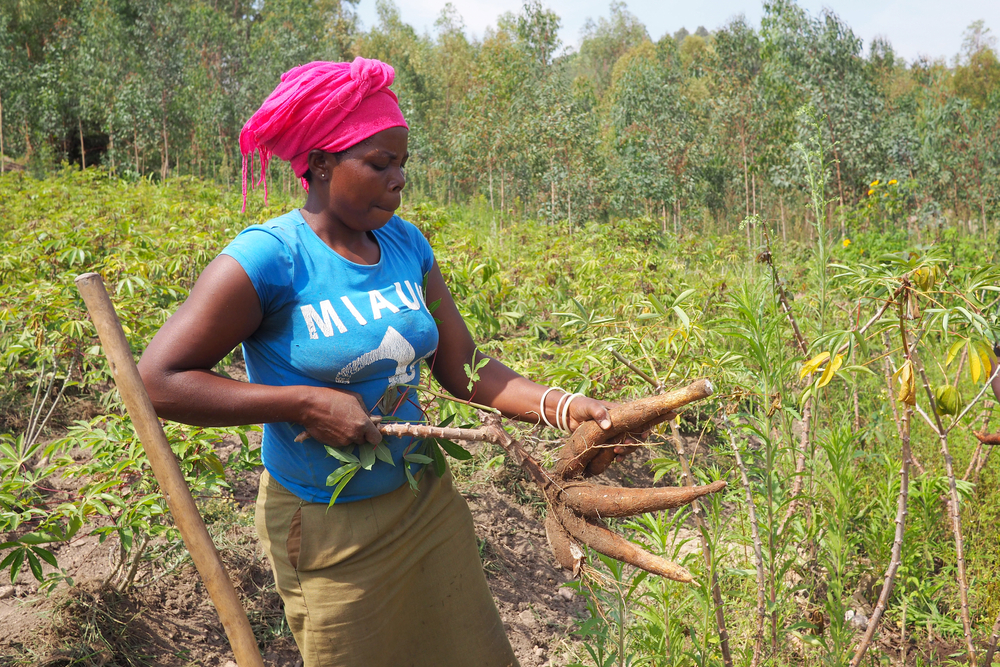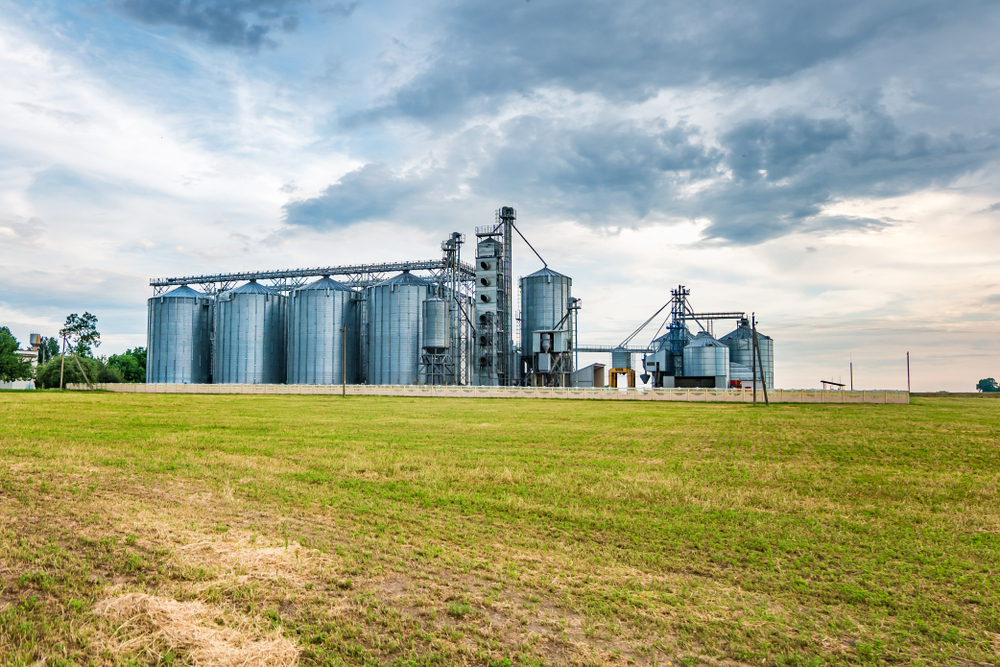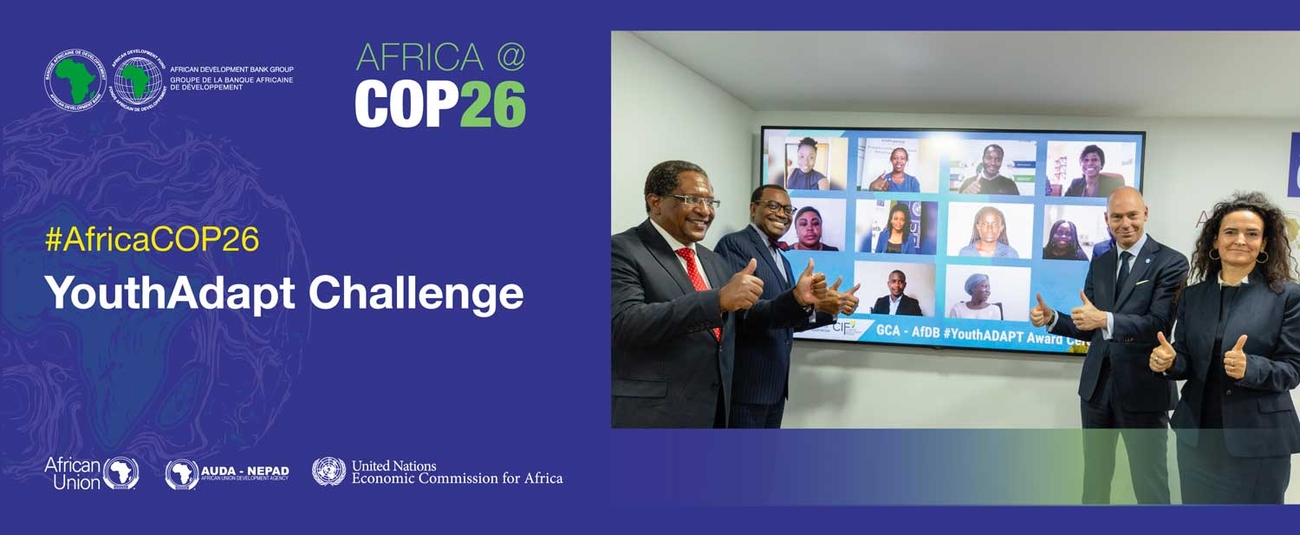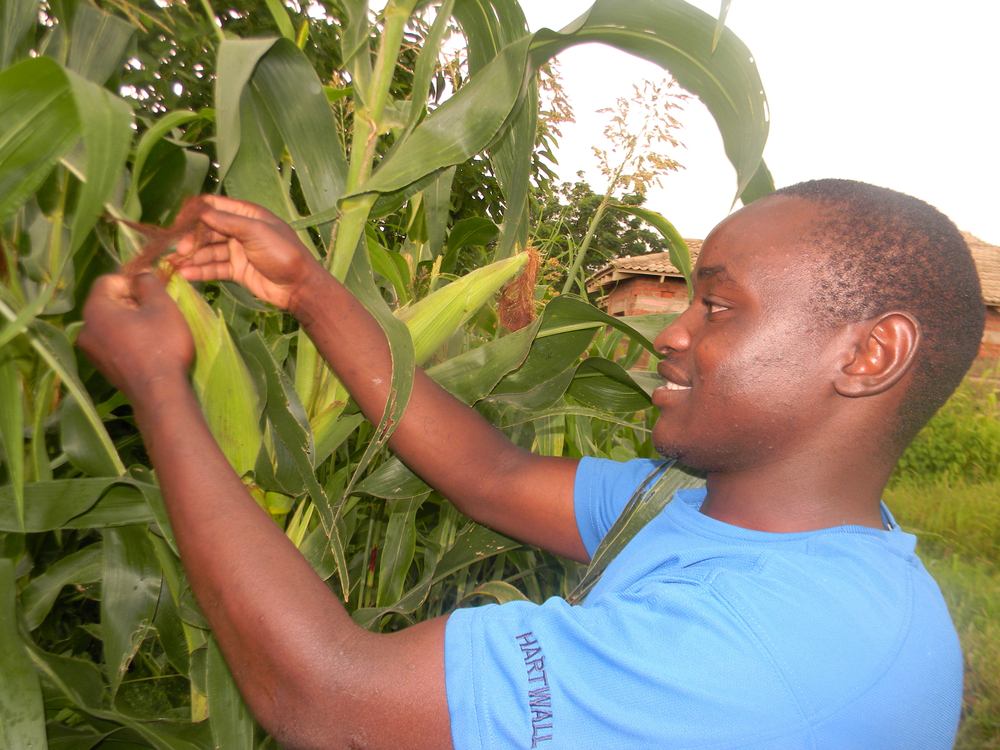
Reinforcing Resilience to Food and Nutrition Insecurity in the Sahel (P2-P2RS)
Reinforcing Resilience to Food and Nutrition Insecurity in the Sahel (P2-P2RS)
4 November, 2022Context
The Sahel, which lies between the Sahara Desert to the north and tropical savannas to the south, is one of the largest semi-arid/arid sub-regions globally. As such, the region is highly vulnerable to climate change and other uncertainties. The impacts of climate change may have critical socio-economic consequences for the Sahel, including poor agricultural yields, increased frequency of natural disasters. Already, the number of people in the Sahel suffering from chronic food and nutrition insecurity, poverty and vulnerability to the effects of climate change is rising steadily.
A lasting solution to food and nutrition insecurity in the Sahel requires building resilience to climate change, long-term agricultural sector financing and developing trade and regional integration. Sustained, longer-term investments in household resilience can significantly reduce the cost of emergency assistance, ultimately breaking the cycle of recurring famine. This is the most cost-effective intervention option which meets the basic needs and preserves the dignity of the populations of the Sahel. This idea is central to the Programme to Build Resilience to Food and Nutrition Insecurity in the Sahel (P2RS)
Objectives
The overall objective of the P2-P2RS is to contribute to the substantial improvement of the living conditions and the food and nutritional security of the populations of the Sahel region.
Specifically, the program aims to i) strengthen the resilience to climate change of agro-sylvo-pastoral producers, including through promotion of climate-smart agricultural technologies in the Sahel and the development of climate intelligent villages; ii) develop the agro-sylvo-pastoral value chains, including through the development and improvement of hydro, meteorology and climate services; and iii) support regional institutions (CILSS, APGMV, CCRS) to strengthen adaptive capacity in the Sahel.
AAAP added value
- Design digital adaptation solutions (Digital Climate Advisory Services, DCAS) for the Sahel context
- Investment readiness and infrastructure, institutional and farmer capacity needs for DCAS
- Feasibility study to integrate DCAS into agricultural extension and agrometeorological advisory to smallholder farmers and pastoralists
Expected Outcomes
- 1 million rural households have access to digital or data-enabled climate-smart technologies
- 500,000 smallholders have adopted adaptation practices
- 5 million smallholders have access to climate services;
- Development and improvement of hydro, meteorology and climate services
- The development of climate-intelligent villages
Expected impacts
- Promotion of climate-smart agricultural technologies in the Sahel
- Resilience to food and nutrition security built for the targeted populations
